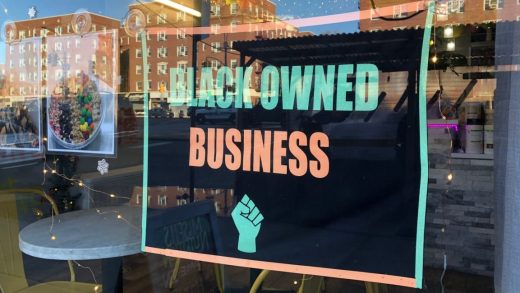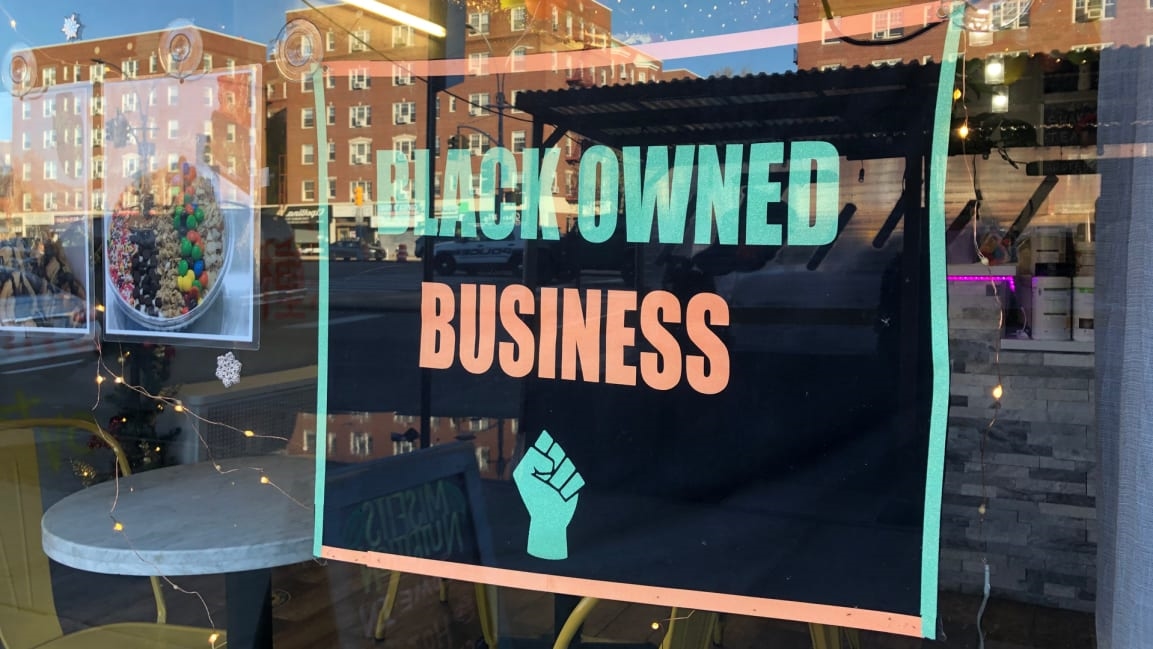4 ways to close the opportunity gap for Black founders
By Shelley Stewart III, JP Julien, and Michael Chui
Our research found that leveling the playing field for Black businesses could unlock $1.6 trillion and would have a far-reaching impact on society and the economy, as Black enterprises often hire Black employees and evolve into engines of community development in Black neighborhoods.
Fewer in number, smaller in size, and undercapitalized, Black-owned businesses are absent across multiple industries. They account for just 2% of all privately held businesses with employees and get started with an average of just $35,000 in capital, or one-third of the capital that puts white entrepreneurs on their path to potential prosperity. If Black businesses stay afloat, they have a harder time expanding and thriving because the ecosystem of supportive bankers, professional networks, referrals, and connections that buoy other business owners is far less robust for them.
Black-owned businesses are disproportionately represented in home healthcare, for example, but they struggle to branch out beyond their first group of patients. On average, those businesses generate about half the revenue of non-Black-owned firms that win referrals from hospitals and primary care physicians. Black home healthcare entrepreneurs often lack access to such networks–only 5% of doctors in the United States are Black—making it hard for them to grow their businesses.
As a result of such constraints, Black-owned businesses fail at a rate higher than white-owned businesses—and COVID-19 has increased the urgency to act because it further widened the gaps. An estimated 41% of Black businesses closed between February and April 2020, as shops were shuttered, social distancing complicated jobs, and supply chains seized up.
To be sure, several Black entrepreneurs have succeeded impressively. Tristan Walker, who founded Bevel, a brand of personal care and grooming products created to address his frustration with shaving products made for white men, sold his company to Procter & Gamble in 2018, and Rihanna’s cosmetic business aimed at women of color was valued at more than $3 billion in 15 months. Another bright spot is manufacturing, where even though only 1% of privately held firms with employees have Black ownership, the mean revenue of those firms is higher than for non-Black-owned firms.
In our latest research, we identified several action areas that would go a long way toward supporting Black entrepreneurship and growing the economy. Here are four ways to help close the gap:
Given the potential $1.6 trillion in revenue currently lost to disparate opportunities for Black businesses, companies and policy makers have ample reason to level the playing field. At stake are some 615,000 new businesses and 6 million new jobs, not to mention the chance to increase Black economic participation and wealth accumulation and drive U.S. productivity. When Black-owned business thrive, the communities around them thrive right along with them, bestowing benefits on society and the economy at large.
Shelley Stewart III is a McKinsey partner and head of its Institute for Black Economic Mobility, where JP Julien is an associate partner. Michael Chui is a partner at the McKinsey Global Institute.
(42)



